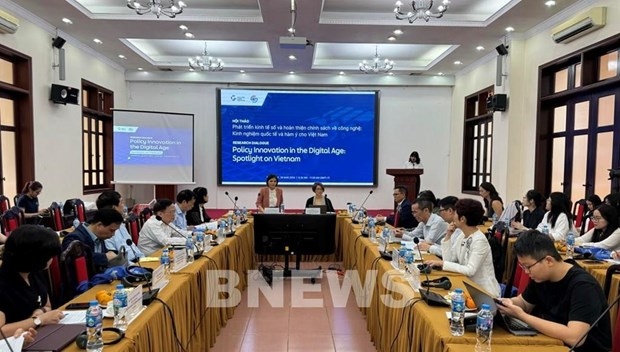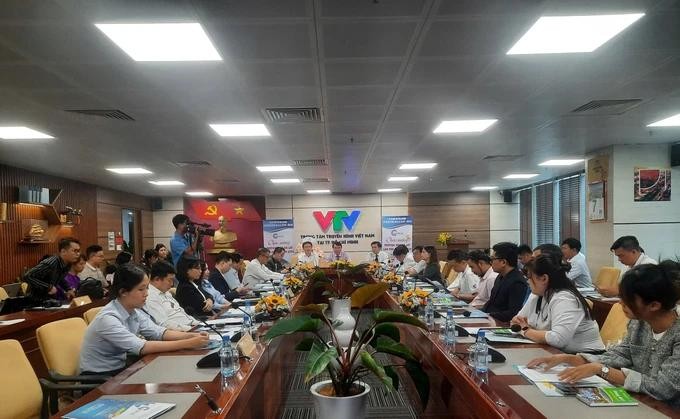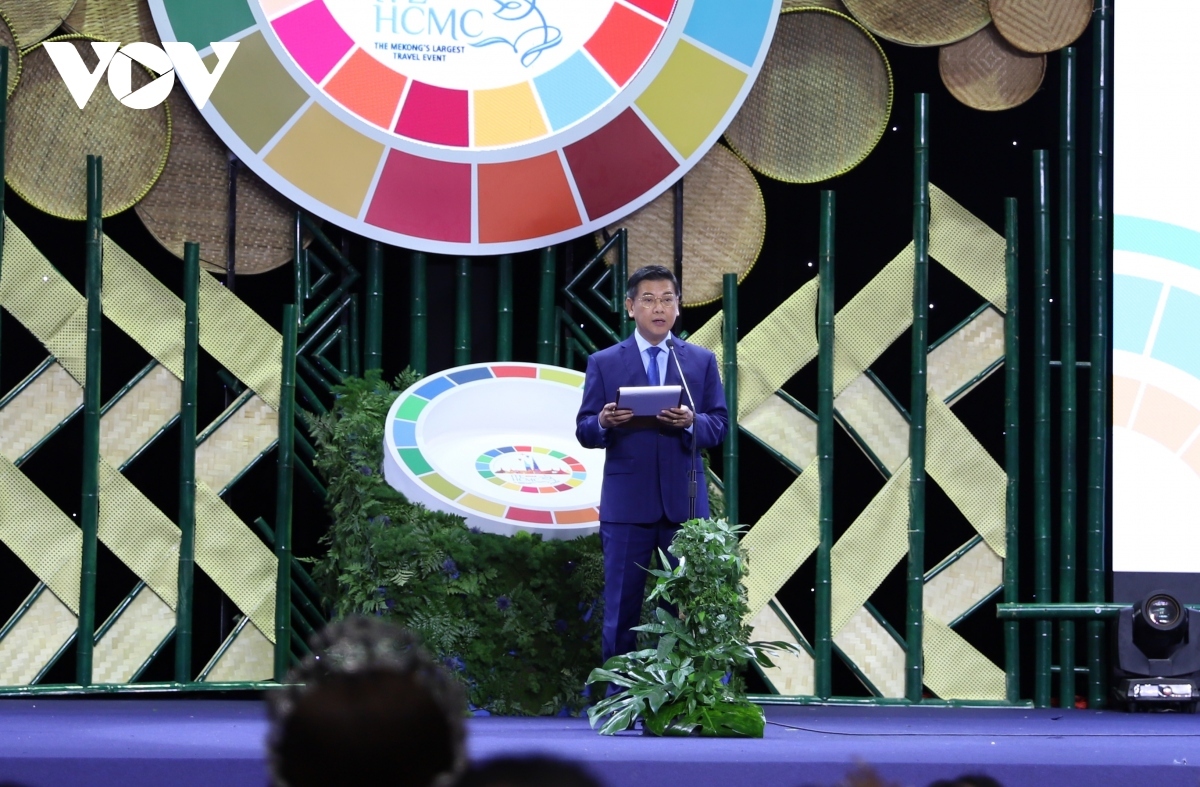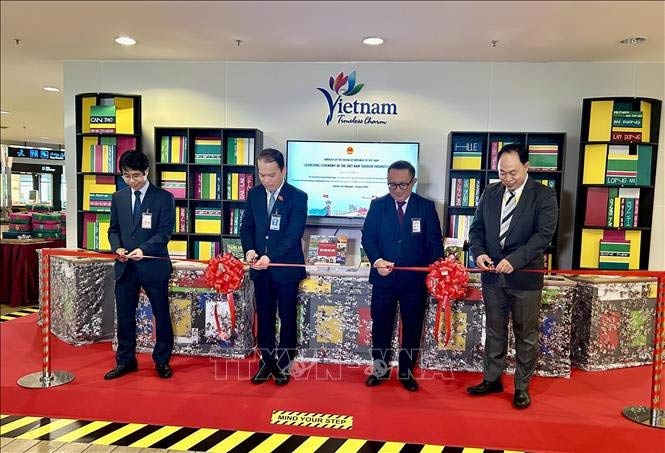The Central Institute for Economic Management (CIEM) on March 28 held a workshop on developing policies to promote innovation and the digital economy.

At the event, domestic and international experts reviewed policies and the legal framework for technological development and innovation in Vietnam. They also reviewed policy-relating challenges that the country is facing as well as the experiences of other countries.
Participants focused on discussing innovative initiatives, the role of policy-making and enforcement agencies, the roles of stakeholders, potential areas for cooperation in Southeast Asia, and improving the legal framework for technological development and innovations.
At the event, Dr Nguyen Minh Thao, head of the Business Environment and Competitiveness Research Department at VCCI, said that digital transformation is a driving force for innovation to improve productivity, quality, efficiency and competitiveness of an economy.
In Vietnam, the Party, the State and the Government have issued many guidelines and policies to promote the digital economy. As a result, the digital economy has made progress and is considered one of the important growth drivers of the country.
Thao said that improving mechanisms and policies to promote the development of science, technology and innovation is important. The Government has also attached importance to creating a legal framework to deploy pilot mechanisms for new economic models based on science, technology and innovation, Thao said.
Keith Detros from the Tech for Good Institute (TFGI), a non-profit organisation founded by Grab, said that although Southeast Asian countries have different technology development policies, they all share the common interest in maintaining competitiveness, promoting innovation, protecting personal data, and enhancing network security.
Experts recommended that Government agencies need to closely coordinate to help enhance digital governance effectiveness. Meanwhile, Southeast Asian countries need to further cooperate through initiatives or framework agreements to establish coordination mechanisms and regulations.














